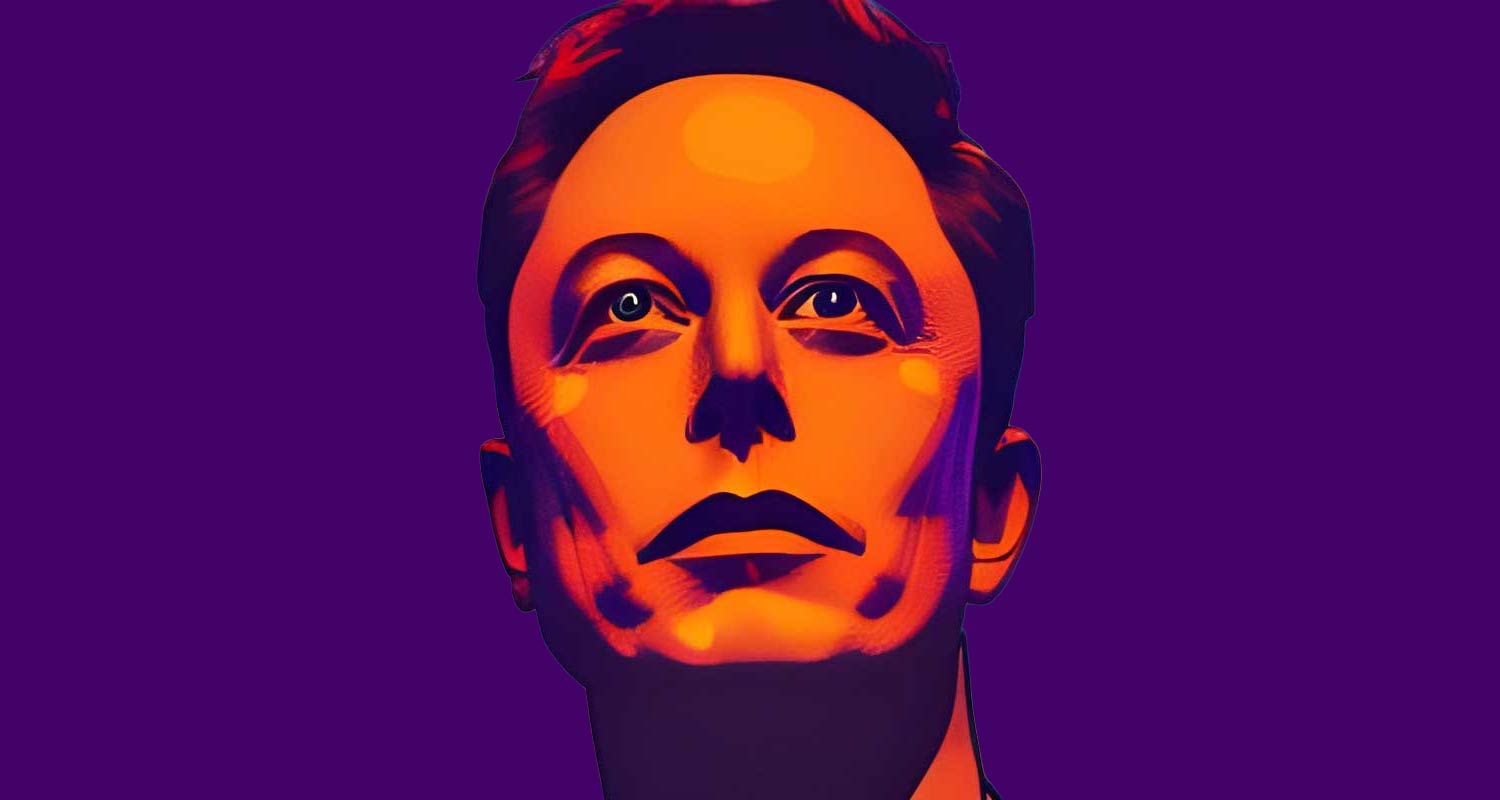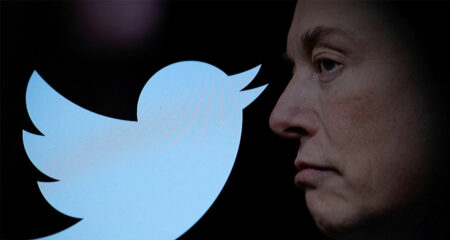
These are the articles that caught the attention of the TechCentral editorial team in the past 24 hours.
- Elon Musk is a national security risk: Elon Musk, ever the provocateur, made a post on X that could be seen as inciting violence against US President Joe Biden and vice President Kamala Harris, only to delete it and brush it off as a failed joke. With significant defence contracts, he seems blissfully unaware of the gravity of the situation. It’s remarkable how a man so entwined with US national security can be so recklessly flippant. Read more in Wired. DM
- iOS 18 is a smart upgrade, even without the AI: iOS 18 arrives with its grand promises but without the much-hyped Apple Intelligence. Sure, it offers some decent tweaks like a revamped Control Centre and finally letting you scatter icons wherever you please. But the big AI upgrades are missing in action, leaving us with an “ambitious” update that feels more like a half-baked appetiser than the main course. Read more on The Verge. DM
- China, America and a global struggle for power and influence: China and America are locked in a power struggle, mirroring each other’s obsession with containment. The US flexes military might, while China wields economic influence through global trade and infrastructure projects. Both strategies are hitting limits, leading to a risky rivalry that hampers cooperation on critical global issues like AI and climate change, writes the brilliant Financial Times columnist Gideon Rachman. Read more on FT.com (hard paywall). DM
- Apple AirPods 4 review: defying expectations: The reviews are in and, according to The Verge, the Apple AirPods 4 impress with active noise cancellation (ANC – no, not that one), delivering good sound and a notable ANC performance for an open-ear design. While not as effective as in-ear options, it reduces ambient noise significantly. The premium model offers wireless charging and enhanced features, making it a worthwhile upgrade over the base version. Read the full review on The Verge. DM
- How Intel lost the Sony PlayStation business: Intel lost out on a contract to design and fabricate Sony’s PlayStation 6 chip in 2022, which dealt a significant blow to its effort to build its fledgling contract manufacturing business. More on Reuters. TS
- How to spot deepfakes and AI-generated images: Fake content is becoming more commonplace on the internet and the tools spoofers use to generate it are getting more sophisticated, too. In this video, AI experts give some of the tell-tale signs that a piece of content may be AI generated. Watch it on the NewScientist. NN
- How did people clean themselves before soap was invented?: A warm, soapy shower is something easily taken for granted in the modern age. The earliest records of soap use go back to around 2500BC, in Mesopotamia. This suggests that some of the greatest breakthroughs in human history, like the birth of geometry in ancient Egypt, were achieved by some seriously smelly human beings. Read more on LiveScience. NN
- Earth to have new mini-moon for two months: A pair of asteroid dynamics researchers from Universidad Complutense de Madrid have found that a small asteroid will make one orbit around the Earth starting this month before departing back into other parts of the solar system. Read more on Phys.org. TS
Some of the top stories on TechCentral in the past 24 hours
- Cell C was ‘handicapped from the start’: Jorge Mendes
- TCS | Rebooting Cell C: Jorge Mendes sets out his strategic plan
- R25-billion valuation for Rain – up 16% from last year
- South Africa’s digital nomad visa delayed by tax snag
Bookmarks is a daily feature on TechCentral and published Monday to Friday, excluding public holidays.




